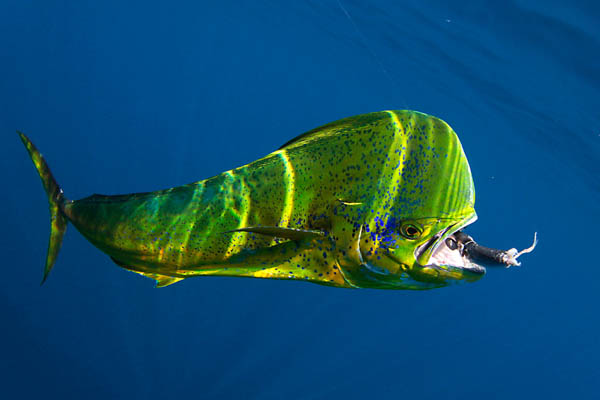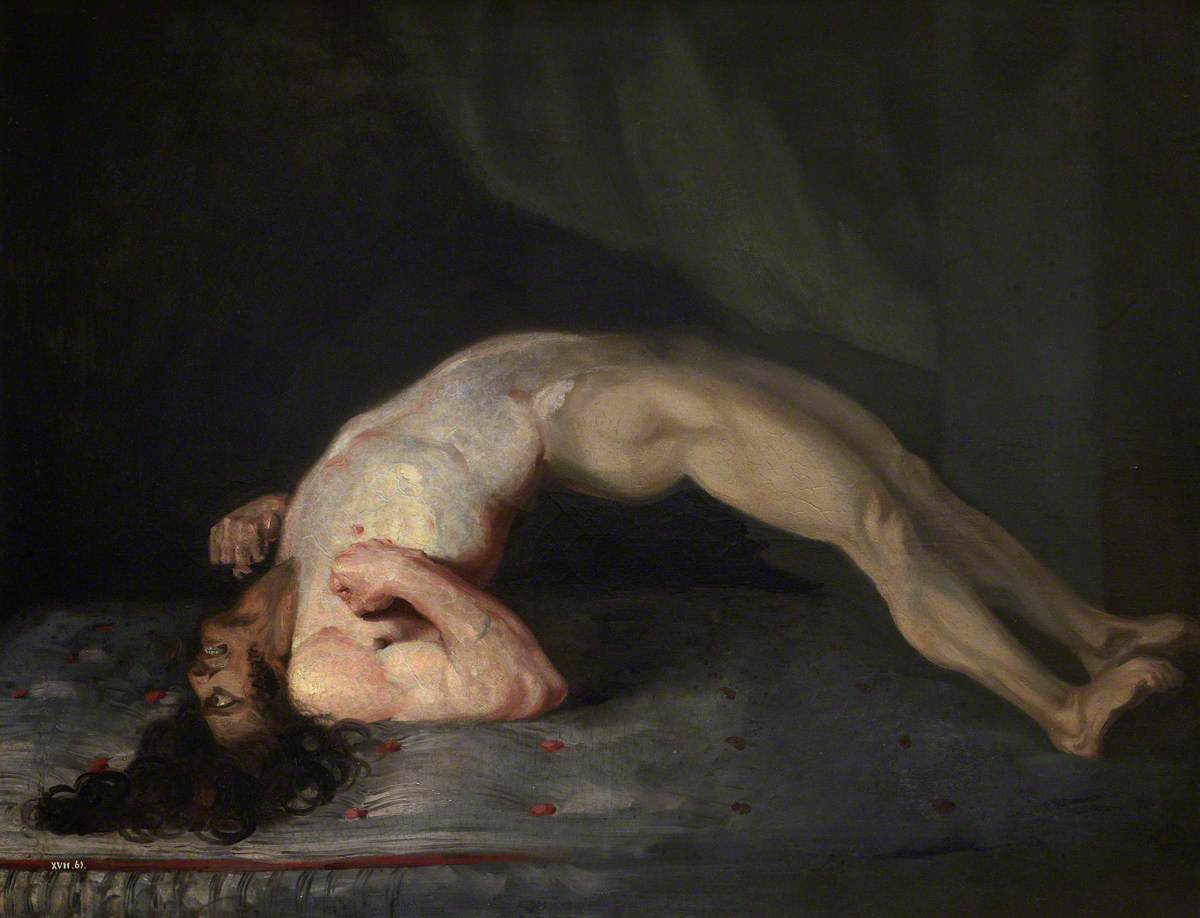On day five of my seven posts in seven days I decided to do seven quick takes! But they've amounted to five quick takes and two quotations. Oh well.
--- 1 ---
Here Fr. Larry A. explains that, even outside of Lent, Friday is a day of penitential observance. According to Canon Law 1251, all Fridays are days of penitential observance and therefore Catholics must abstain from eating meat (or choose some other penance, if preferred, on Fridays outside of Lent).
Of course, on the last Friday before Lent I absent mindedly scarfed down two Nathan's hot dogs at 10AM this morning at the Miami Airport. Guess I will be opting for some other form of penance today!
One of my Lenten penances will be to listen to my Audio Bible in the car instead of the radio. I tend to listen to the radio because it is mindless and peppy songs are somewhat energizing. Sometimes I feel that listening to the Bible is burdensome because I need to hang on every word. I'll try to find a happy medium between mindlessness and rapt attention.
I've heard from multiple sources (all within the last couple of weeks) that the fish called Mahi Mahi is really named Dolphin but can't be called that because people freak out about the possibility of eating dolphin-the-mammal. Also, according to a restaurant menu, dolphin-the-fish does not have scales. Weird!
--- 5 ---
In honor of Andy's new pets. And because The Beastmaster is just plain awesome.
And again because it's already past my bedtime, here are a couple of quotes. This first is of a borderline heretical Jesuit:
Above all, trust in the slow work of God. We are quite naturally impatient in everything to reach the end without delay. We should like to skip the intermediate stages. We are impatient of being on the way to something unknown, something new. And yet it is the law of all progress that it is made by passing through some stages of instability--and that it may take a very long time. And so I think it is with you; your ideas mature gradually--let them grow, let them shape themselves, without undue haste. Don't try to force them on, as though you could be today what time (that is to say, grace and circumstances acting on your own good will) will make of you tomorrow. Only God could say what this new spirit gradually forming within you will be. Give Our Lord the benefit of believing that his hand is leading you, and accept the anxiety of feeling yourself in suspense and incomplete. Above all, trust the slow work of God. --Fr. Pierre Teilhard de Chardin--
And the second (a nice one for Lent) of a Saint of the Eastern Orthodox Church:
Excessive care about worldly matters is characteristic of an unbelieving and fainthearted person, and woe to us, if, in taking care of ourselves, we do not use as our foundation our faith in God, who cares for us! If we do not attribute visible blessings to Him, which we use in this life, then how can we expect those blessings from Him which are promised in the future? We will not be of such little faith. By the words of our Saviour, it is better first to seek the Kingdom of God, for the rest shall be added unto us. --St. Seraphim of Sarov--
For more Quick Takes, visit Conversion Diary!















